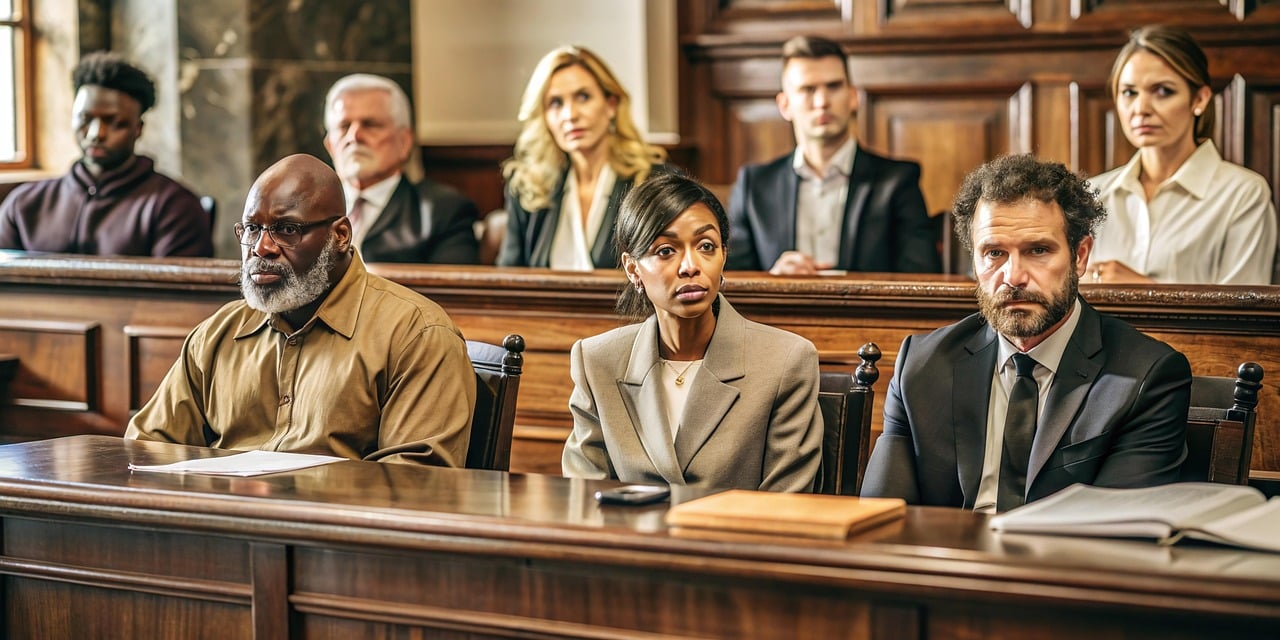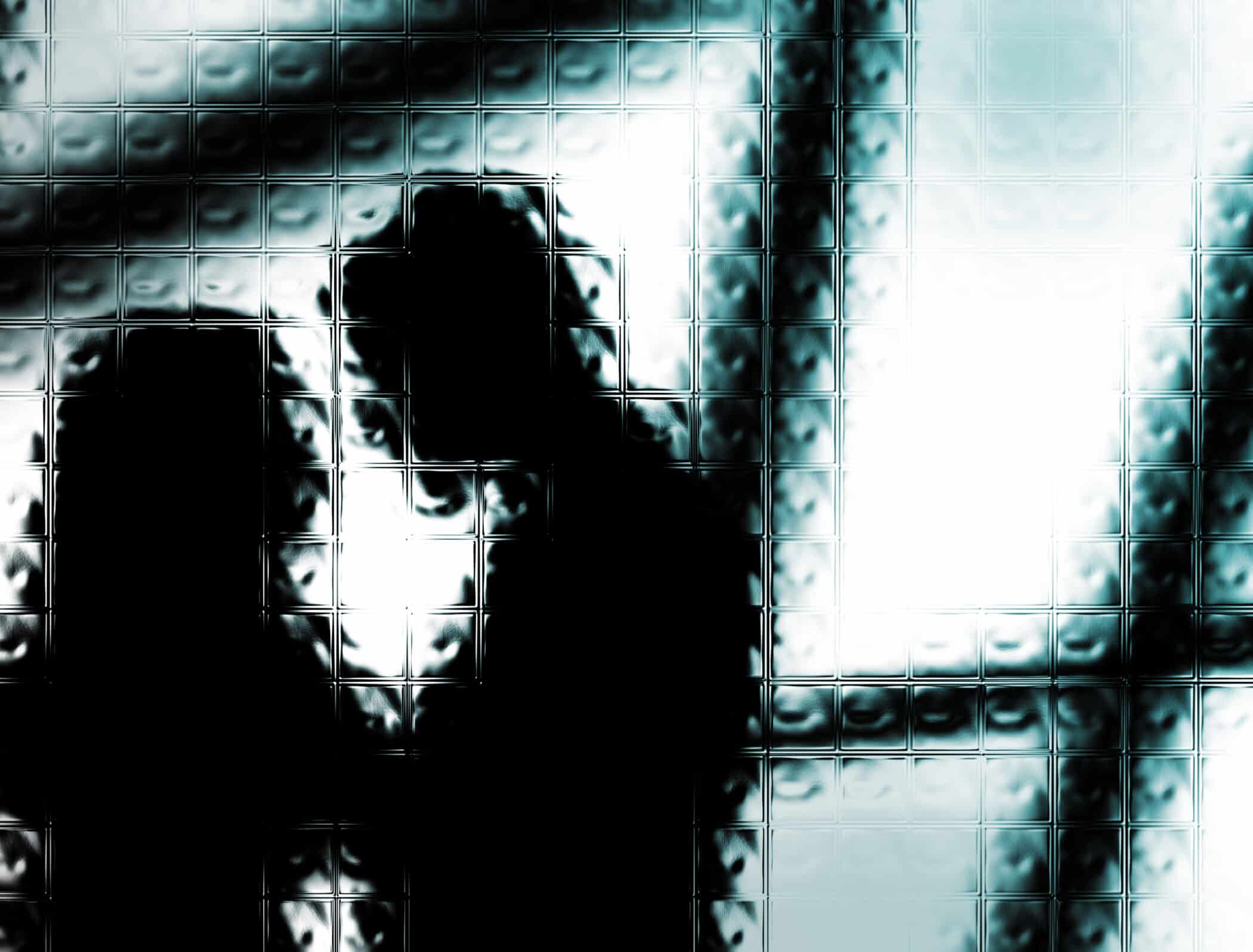- If your case goes before a grand jury and it’s no-billed, it means the case is over for now
- A no-billed case can be reopened at any time if more evidence is found or changes within the statute of limitations
- It is not a finding of innocence. It simply means a grand jury did not find probable cause to charge you based on the evidence presented
Legal terminology can be confusing. If you learn that your case has been “no-billed,” it means it is over – at least for now.
In a felony case, a prosecutor must present the charges to a grand jury. The grand jury will decide whether to indict or “true-bill” or not to charge and issue a “no-bill.”
The role of the grand jury isn’t to determine guilt or innocence. Instead, they review the evidence in a case and determine whether enough evidence exists to move the case forward for prosecution. If they decide that there is enough evidence, you will be indicted. If they decide that there is not enough evidence at that time, your case will be “no-billed.”
No-Billed is Not the Same as a Not Guilty Verdict
A no-bill is not the same as being exonerated or found not guilty. A grand jury’s role is to establish that there’s enough evidence for the case to advance. Unlike a trial or petit jury, the law only requires a majority vote to indict a case.
When a grand jury votes to “no-bill” a criminal case, it means they are declining to indict a defendant after investigating the details of their case. This means that after hearing the testimony, they believe there isn’t enough probable cause to indict the defendant.
A no-bill will still appear on your criminal record. You must request an expunction to erase any record of your arrest/charge.
Can a No-Billed Case Be Reopened?
Yes, as long as the statute of limitations hasn’t expired. If new evidence arises, a prosecutor can resubmit a no-billed case to a new grand jury. It’s highly unlikely, though. Unless your case is a high-profile crime with intense public interest, you’re probably in the clear after a no-bill. Keep in mind that the statute of limitations varies in felony cases. For example, there is no statute of limitations for murder.
Grand Jury Proceedings are Secret
When a prosecutor presents a case to a grand jury, only the District Attorney, their assistant prosecutors, and the members of the grand jury are allowed to be in the room. They’re all sworn to secrecy about anything that is discussed in the grand jury room. After the prosecutor finishes presenting the case, they must leave the room to allow the grand jury to deliberate. Basically, this means that you may never learn why your case was no-billed.
Examples of Cases that were No-Billed in Texas
- Travis Scott: A grand jury in Houston grand jury no-billed rapper Travis Scott and five others on criminal charges in the deaths of 10 people at the Astroworld Festival in 2021.
- John Christopher Gunderson: The operator of a 501c3 nonprofit organization called Caddo K9 Academy in Caddo Mills had been arrested and charged with animal cruelty charges.
- Mario Young: A Harris County grand jury no-billed the teen after he was charged with murder in the death of 42-year-old Asif Maknojia. According to court documents, Maknojia followed Young and another teen out of a Sunoco in Humble after they stole a bag of chips. Records say Maknojia got in his car and followed the pair, then Young shot and killed Maknojia. Young said the shooting was in self-defense.
- Five employees at Midland Christian School: Police accused the employees in 2022 of failing to report a student’s sexual assault.



